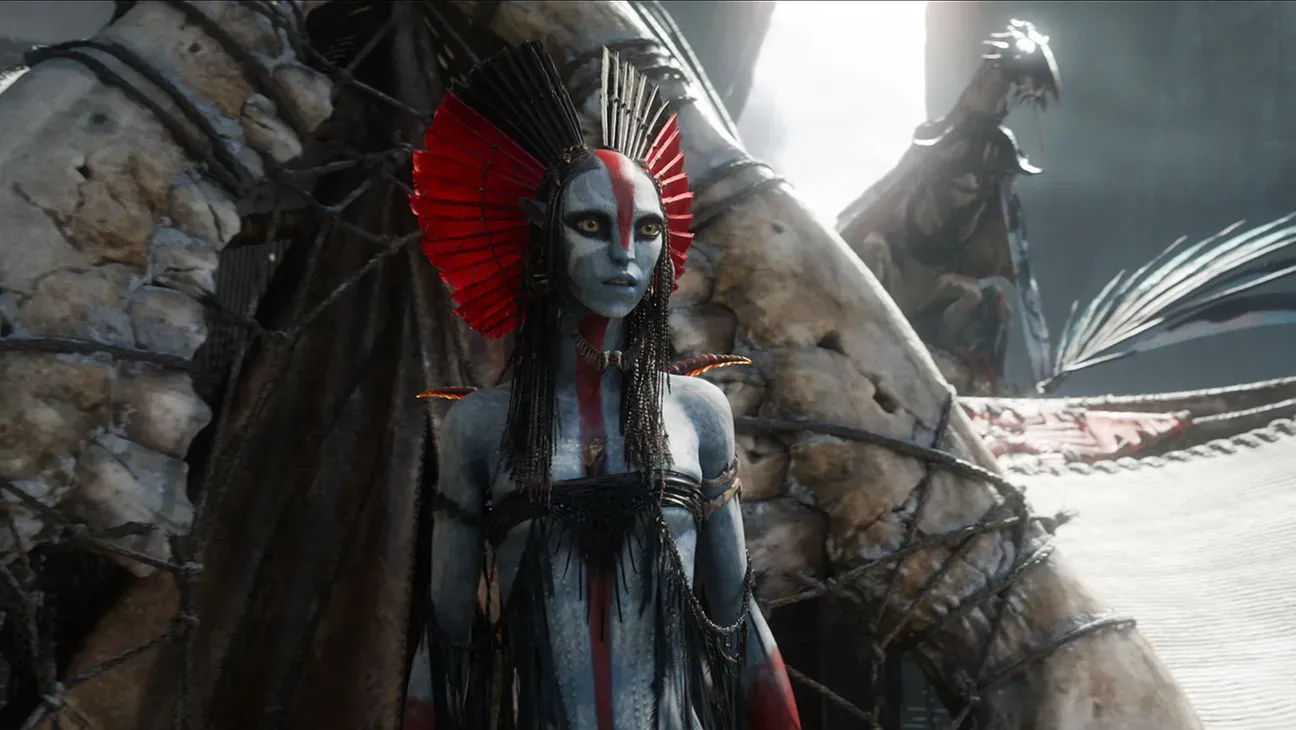
The Grab (2024) — Documentary Review
- Jun 21, 2024
"The Grab", a feature-length documentary directed by Nate Halverson, is a riveting saga that uncovers the intricate networks of international land deals and food insecurities. The film's focus is mainly on the acquisition and confiscation of land in Africa, specifically in Zambia. Halverson navigates this complex narrative with a journalist's eye for detail, supported by the Center for Investigative Reporting. He embarks on a disorientating journey, trying to unearth the reality behind the global powers, including the US, rushing to secure their food and water resources by purchasing large expanses of fertile land in Africa. The narrative thread known as “The Trove” is introduced, a secret cache of classified documents linked to Erik Prince, founder of the infamous Blackwater private military company. The film evolves from Halverson’s investigation of The Trove, revealing Prince's involvement in land deals across Africa in collaboration with Chinese-funded Frontier Services Group. However, the documentary slips into speculative terrain often. One instance is Halverson's 2021 trip to Zambia when he and his colleagues were inexplicably detained at the airport, accused of being enemies of the state. The incident, while suggestive, remains shrouded in ambiguity, functioning more as a red herring than a conclusive statement.








